Biosecurity and biocontainment are of heightened importance to all farms at this time of year.
Farm biosecurity involves reducing the risk of new diseases being introduced to your farm, while biocontainment is the practice of “containing” disease threats within your farm.
Farms that buy in calves for rearing should take care to acquire calves from as few sources as possible with known health programmes in place for cows.
Once on farm, calves should be kept quarantined from all home-reared stock, as well as from calves introduced from different sources for at least four weeks.
Vaccination against diseases known to be a risk on your farm is of great importance. Vaccine selection is best done with the advice of your vet.
Any disease outbreak should be investigated promptly with the causative agent identified.
This is especially important in cases of scour and pneumonia.
Speak with your vet and make them aware of any issues before they become major health and welfare problems.
Any deaths should be sent for investigation by your vet or local regional veterinary laboratory. It’s advisable to feed and handle the youngest stock first, to avoid spreading infection from older stock to younger stock.
Where pneumonia or scour is an issue, this order should be followed strictly so as to avoid cross infection.
If calves are being treated for illness, they should be isolated from healthy stock and be seen to last.
Ideally, this isolation pen should be in a separate shed from the other stock and definitely not in the calving pens.
An all-in/all-out system should be in place for sheds and pens.
This means leaving calves in pens until weaned and not moving along in a conveyor system.
It also means not dropping small weak or sickly calves back to younger groups.
All feeding equipment must be cleaned and disinfected between batches; this includes those working on the farm fully disinfecting clothing daily before moving back from older to younger stock.
Any visitors should not be allowed to have contact with stock, unless strictly necessary and, where unavoidable, they should be able to disinfect footwear and clothing before entry.
Kieran Devaney works at Ormonde Veterinary, 14 Barrack Street, Kilkenny. Ormonde Veterinary is part of XLVets. XLVets is a group of progressive practices working together to achieve a better future for agriculture and veterinary in Ireland. For further information, go to www.xlvets.ie.




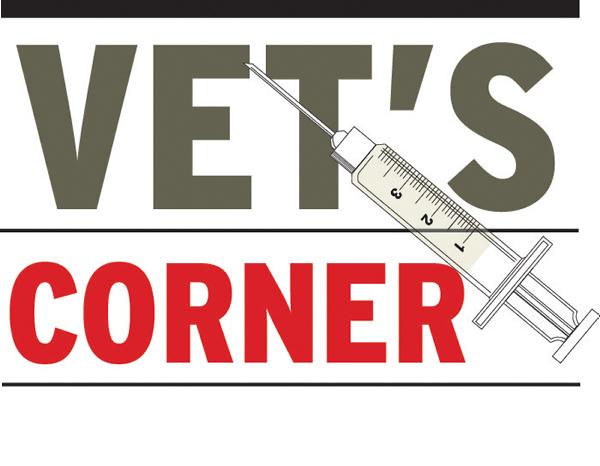
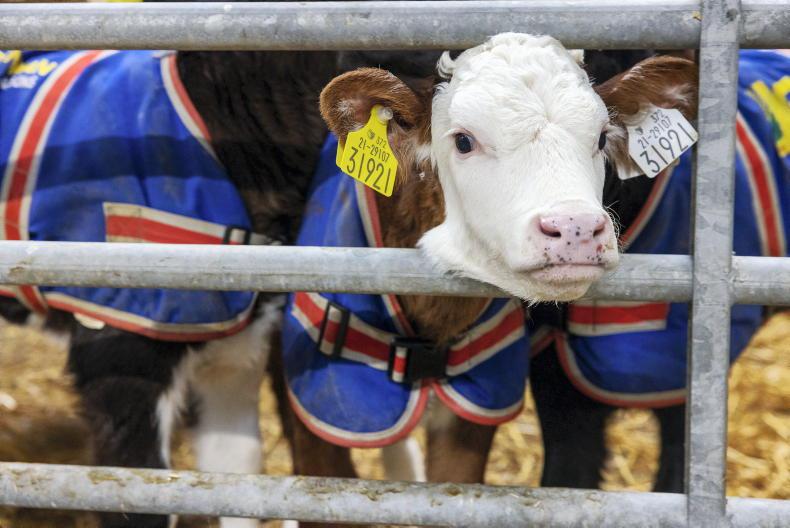

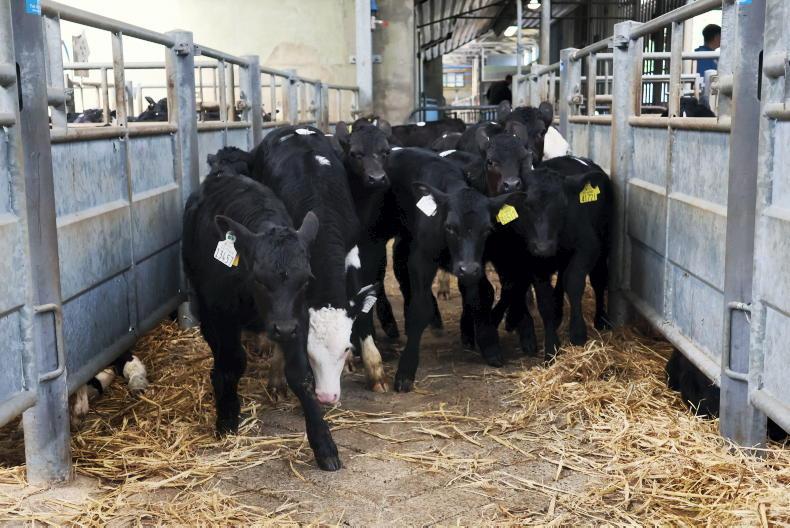
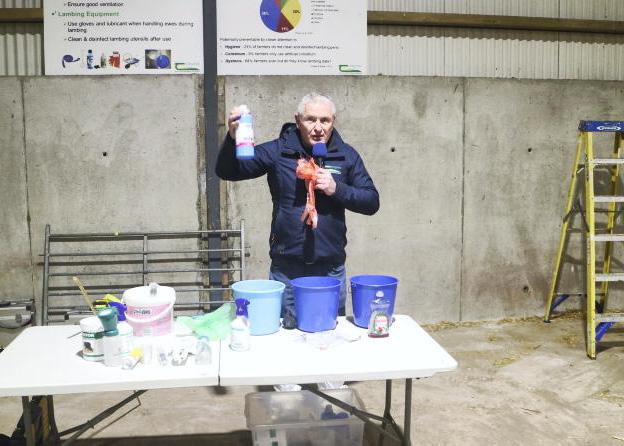
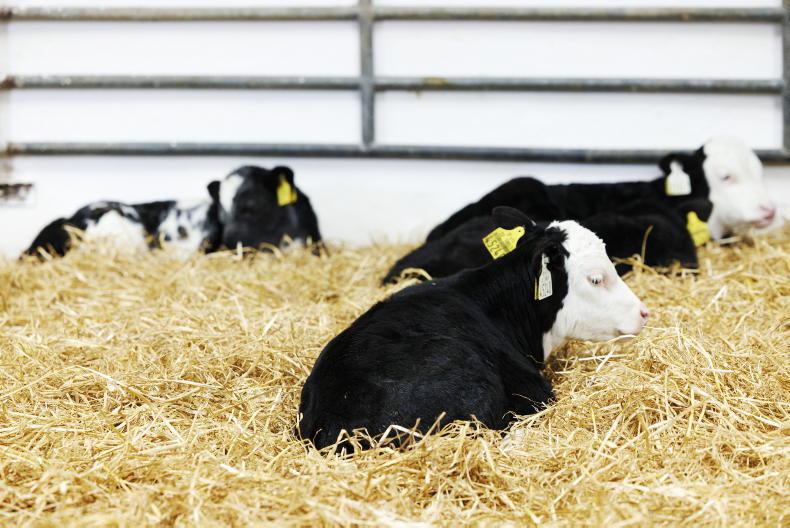
SHARING OPTIONS